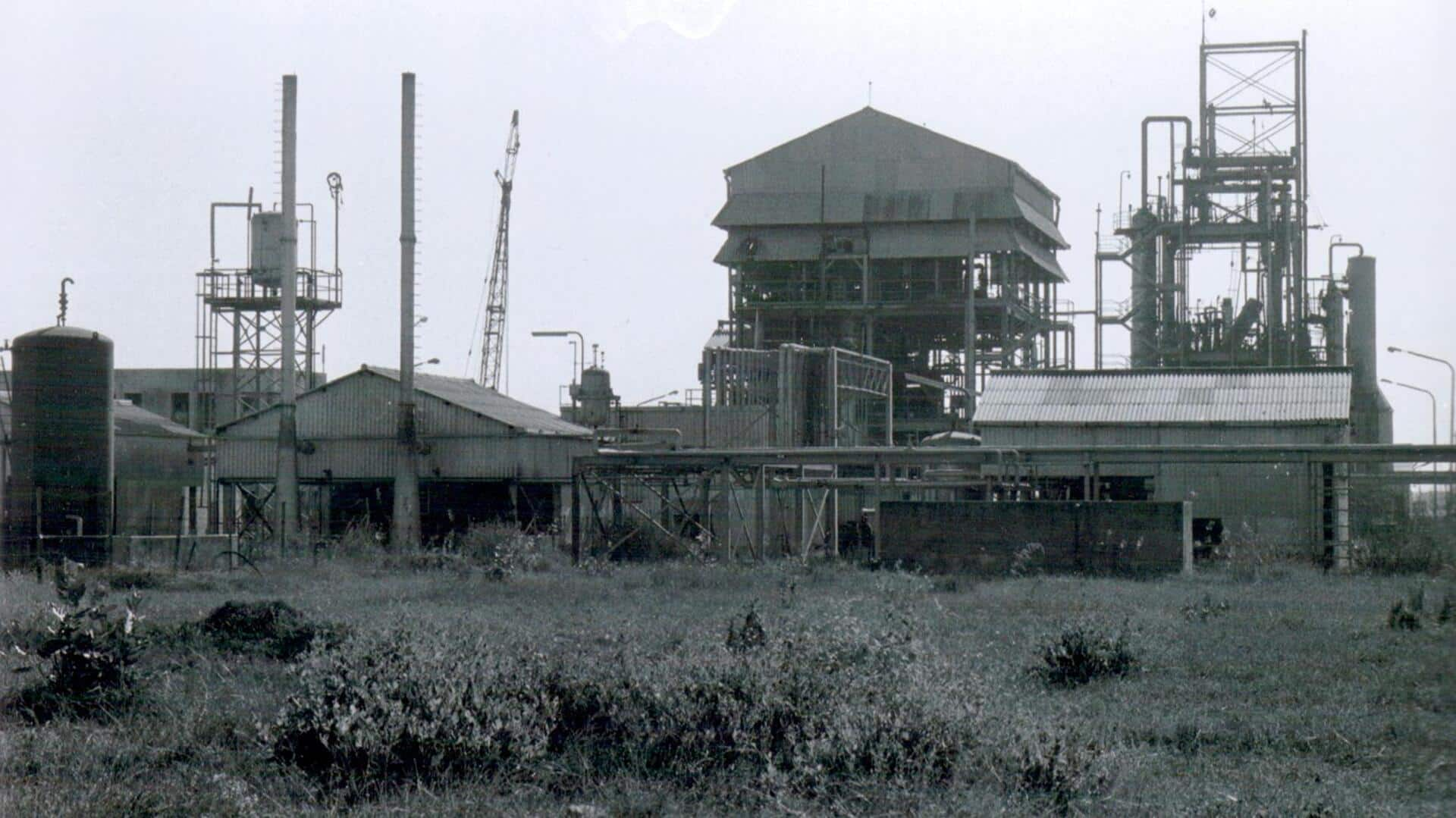
Lawyer foresaw Bhopal gas tragedy but couldn't stop it: Report
What's the story
In March 1983, Bhopal-based lawyer Shahnawaz Khan sent a legal notice to Union Carbide India Limited (UCIL), asking the company to stop producing toxic gases at its pesticide plant, according to PTI.
The notice emphasized the grave public health risks posed to around 50,000 residents living in the vicinity of the factory.
However, UCIL brushed aside Khan's concerns as "baseless" in a reply dated April 29, 1983.
Dismissal details
UCIL's dismissal of Khan's warnings
UCIL's works manager, J Mukund, categorically rejected all allegations made in Khan's notice.
In his response to the legal notice, Mukund wrote, "We once again repudiate all the allegations made in your notice of 4th March, 1983."
He further warned that any legal action initiated against them would be defended at the plaintiff's risk and cost.
Leak incidents
Khan's concerns stemmed from previous gas leaks
Khan's fears weren't baseless but rather rooted in numerous gas leak incidents from the plant.
On December 25, 1981, a worker named Ashraf died after a phosgene gas leak.
Another incident on January 9, 1982, had left 25 workers hospitalized.
Further leaks in March and October of the same year had left hundreds of residents in the vicinity hospitalized.
Plant operation
UCIL plant's operation and Khan's warning
The UCIL plant, which falls within Bhopal Municipal Corporation limits, functioned with the permission of both central and state governments.
Designed by US-based Union Carbide Corporation, the plant was established in 1969 as a formulation factory for Sevin brand pesticides.
Despite rules against polluting activities within two kilometers of a railway station, UCC got necessary clearances in 1975 to manufacture Sevin's ingredients at the Bhopal unit.
Tragic aftermath
Khan's unheeded warning and the ensuing disaster
Khan's notice warned that "the lives of 50,000 persons are in danger" due to the storage and use of hazardous chemicals at the plant.
He demanded UCIL to cease these operations within 15 days or face legal action.
However, before Khan could gather sufficient documentation for a case against UCIL, a catastrophic gas leak occurred on December 2-3, 1984.
The disaster killed 5,479 people and left over half a million others injured or maimed.